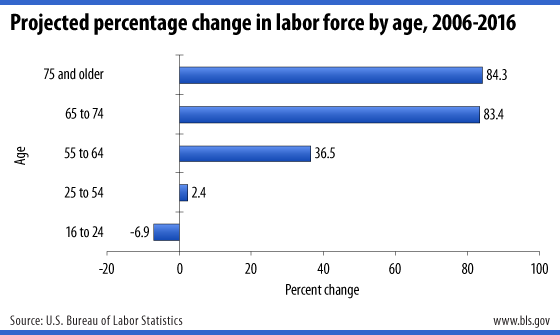It's tough to succeed a legend
From the sports world yet another enduring and timeless lesson in talent and career management. Here is the headline - Manchester United sacks manager David Moyes.
Some backstory.
Manchester United is one of the most well-known and successful soccer clubs in the world. They are the defending champions of the English Premier League, (arguably the best league in the world), and regularly compete at the highest levels of European club soccer in the Champions League. At the end of last season, Manchester United's longtime and legendary manager Sir Alex Ferguson stepped down, capping a stellar managerial career with his 13th Premier League title in 26 seasons at the helm. Farewell Mr. Moyes
Farewell Mr. Moyes
Ferguson was (and will probably will always be, given the nature of English soccer), by far the most successful club manager of the Premier league era. For USA readers who might not be familiar, think of Ferguson as some kind of combination of John Wooden, Vince Lombardi, Phil Jackson, and Red Auerbach. Except even more successful and globally famous.
The kind of legend with the track record of exemplary performance that is tough, if not impossible to replace. No matter who stepped in for Ferguson, even Ferguson's hand-picked successor Moyes, it was going to be an almost impossibly difficult pair of shoes to fill.
When someone has been so astronomically successful, over such a long period of time, and achieved legendary status in the organization and industry, then no matter how prepared and talented the successor is, it is going to be almost impossible for them to match (or even approach) the standards that have been established before them.
Succeeding a legend, in sports or in any business really, is such a risky, dicey proposition that it makes sense for super talented people to avoid it at almost any cost, tempting and enticing as it may seem.
Again, taking it back to the sports angle: Can you name the coaches that succeeded John Wooden, Vince Lombardi, Phil Jackson, or Red Auerbach?
The answer is, 'Of course not.' No one remembers them because the combination of almost impossibly hard to match performance standards and the huge shadow that their legendary predecessors cast proved to be a combination even previously successful and competent performers, (like David Moyes), could not overcome.
Trust me, you DO NOT want to try and succeed a legend.
You want to be the person that succeeds the person who succeeds the legend, just after they fail.
Postscript: This isn't just a sports phenomenon. Ask Tim Cook how things are going at Apple these days.

 Steve
Steve
